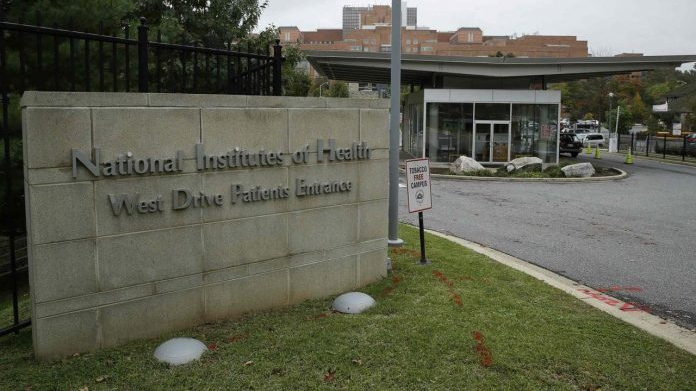
The patient's entrance at the National Institutes of Health is shown in Bethesda, Maryland October 16, 2014. /Reuters
The patient's entrance at the National Institutes of Health is shown in Bethesda, Maryland October 16, 2014. /Reuters
U.S. health authorities said Monday they were halting a trial in South Africa of an experimental HIV vaccine after it proved ineffective at preventing the infection.
The study, named HVTN 702, began in 2016 and involved the only vaccine candidate ever shown to provide some protection against the virus that causes AIDS, in an earlier trial in Thailand in 2009.
"An HIV vaccine is essential to end the global pandemic, and we hoped this vaccine candidate would work," said Anthony Fauci, director of the National Institute of Allergy and Infectious Diseases which sponsored the work. "Regrettably, it does not."
The trial enrolled about 5,400 HIV-negative volunteers at 14 sites across South Africa, consisting of sexually active men and women aged 18 to 35 years old.
They were randomly assigned to receive either the vaccine regimen or placebo injections, receiving six doses over 18 months.
There were no safety concerns, but NIH, which sponsored the study, agreed that vaccinations should stop.
The experimental shot was based on the only vaccine ever shown to offer even modest protection against HIV, one that was deemed 31% effective in Thailand. That wasn't good enough for real-world use but gave scientists a starting point. They beefed up the shot and adapted it to the HIV subtype that's common in southern Africa.
Two other large studies, in several countries, are under way testing a different approach to a possible HIV vaccine.
Source(s): AP